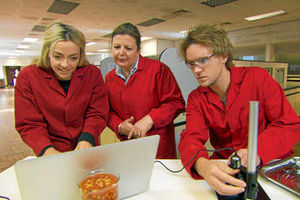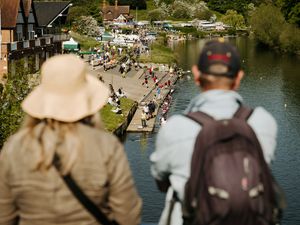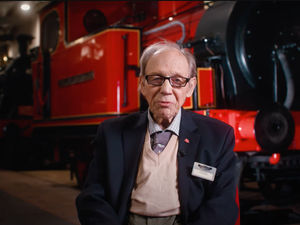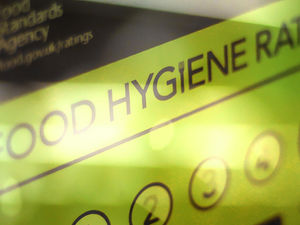Bad Science makes Britain's Favourite Supermarket Foods a waste of time
Without cracking a smile, presenter Cherry Healey asked the million dollar question: "Why do baked beans make us fart?" John Humphrys must have been quaking over his evening cocoa.

Without cracking a smile, presenter Cherry Healey asked the million dollar question: "Why do baked beans make us fart?" John Humphrys must have been quaking over his evening cocoa.
Healey's pithy inquiry summed up last night's pop-science look at best-selling supermarket foods. Tea, baked beans, crisps, milk, chocolate and other popular staples were put under the microscope by Healey and her team of scientists. Their aim was simple: they wanted to find out why we like particularly foods and whether or not they do us any good.
BFSF didn't provide any earth-shattering revelations, at least not to those of us with a working knowledge of food and drink.
It was pretty tame stuff, a smoke-and-mirrors, tabloid-esque, lies-damn-lies-and-statistics exposition.
BFSF was the televisual equivalent of a women's magazine story along the lines of: Ten Things You Didn't Know About Wispa Bars. It made for pretty dull viewing.
For instance, we found out that chocolate sparked pleasure centres in our brains, which is why we like a cheeky Mars Bar. We found out that tea brewed for seven minutes tastes different from tea brewed for 40 seconds and, even more unremarkably, that eating saturated fats isn't likely to do us any good. Hang on, hasn't the British Medical Association being telling us that stuff for years.
Healey's GCSE-standard probe declared, solemnly, that women with a diet rich in chocolate weren't actually addicted to the humble cocoa bean in the way that, for example, a heroin addict might be addicted to hard drugs. They just liked the taste. Another improbable experiment revealed that milk was better for tired sportsmen than sports drinks: hmm, so when the Olympics hits our screens, we're more likely to see Usain Bolt drinking a pinta, than quaffing Gatorade. Right?
There were many contrived scenes, none more so than Healey's visit to a Norwich family who wanted to investigate our love of crisps. The family were shown their annual crisp consumption in wheelbarrowloads – all eight of them. And, to be fair to that family, their consumption didn't seem particularly excessive. Healey told them, gravely, that they were probably eating too many.
It was science for beginners that overdosed on statistics, like, for instance, we eat 11 billion eggs per year and spend £3.7 billion on chocolate.
Healey had an almost spouse-like relationship with milk. As she peered into the camera, she asked: "Do we take milk for granted?"... as though an army of milk fans would storm the gates of their local dairy to show their love for the white stuff.
BFSF was science at its most absurd. We found that you need to eat 41 bananas to get the same amount of calcium as is contained in a glass of milk. Or 89 tomatoes, two pineapples, or nine mushrooms.
Yahoo. Milk is good. We've known that for years.
In an age when the universally-popular Professor Brian Cox has popularised science and made it easy for the masses to understand, it was galling to watch Healey bumble through her theatre of the absurd. In the final analysis, she offered the following earth-shattering revelations: It's not possible to be addicted to chocolate, brewing tea for a couple of minutes improves its taste, beans on toast is healthy and milk was packed with goodness.
In the hour it took her to reach those conclusion, I realised one of my own – bad science is a waste of time.
Andy Richardson




